Asia’s exchange-listed food buyers source meat, dairy, seafood and eggs for everyday home, restaurant, airline and hotel use. Many also export beyond Asia. Until now, they have not been benchmarked collectively for their performance on the responsible sourcing of proteins.
We benchmarked 158 companies across 10 Asian markets – some of the largest supermarkets, convenience and department stores, hotels, manufacturers and catering companies. Our research shows that 72% provide general sustainability reporting but only 16% have a responsible sourcing policy including meat, dairy, seafood and eggs. The majority neither acknowledge the risks nor align with global action towards mitigating deforestation, antimicrobial overuse, unsustainable seafood and poor animal welfare.
The report demonstrates that companies are unprepared for increased ESG and EU requirements. For example, none of the companies analysed acknowledged deforestation risks, despite 2030 national declarations and EU requirements for zero deforestation across the full supply chain soon coming into play.
The report includes a range of opportunities, case examples and best practice to assist Asia’s food companies in future decisions and progress. Recommendations are provided to enable companies to develop responsible protein sourcing policies, standards and targets. This allows companies to prepare for key national and global targets while working towards the existing expectations of conscious consumers and investors.
This baseline benchmark signals a two-year window of opportunity until the next biennial benchmark, where companies will be ranked into tiers and alternative proteins included.


